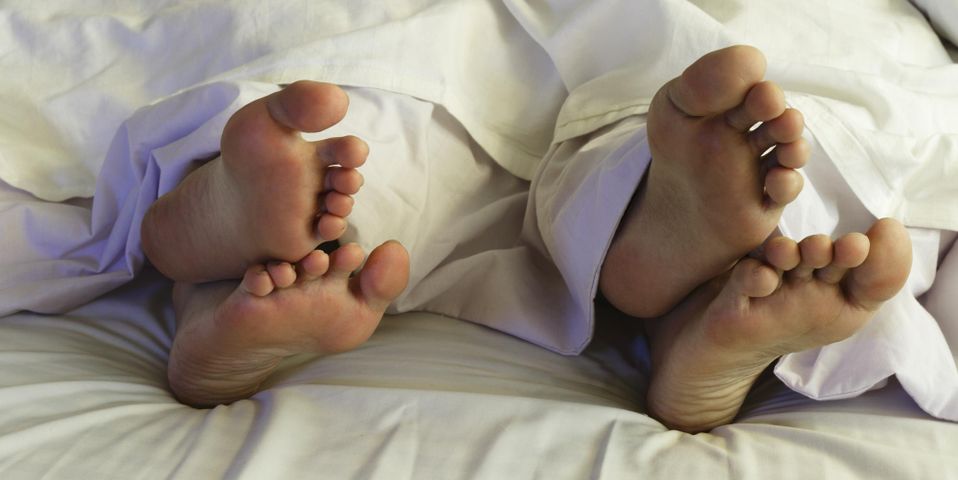
While women are particularly prone to urinary tract infections due to a shorter urethra, both sexes can suffer from this uncomfortable ailment. If you’ve recently experienced a burning sensation while urinating, pressure in your lower abdomen, cloudy urine, and a fever or chills that required a visit to a urology specialist, it’s important to understand why and how you got the infection. Here’s a list of common situations that can lead to a UTI so you can do your best to prevent the issue in the future.
3 Ways Urinary Tract Infections Spread
1. E.coli Transfer
 Health care professionals always encourage individuals to wipe from front to back after using the restroom. This simple habit helps prevent the transfer of E.coli in your digestive tract to the urethra. When bacteria travel from the digestive tract into your urinary tract, the odds of contracting an infection are high.
Health care professionals always encourage individuals to wipe from front to back after using the restroom. This simple habit helps prevent the transfer of E.coli in your digestive tract to the urethra. When bacteria travel from the digestive tract into your urinary tract, the odds of contracting an infection are high.
2. Intercourse
Intercourse can easily introduce E.coli and other bacteria into a woman’s urethra. The use of spermicide or a diaphragm can increase the likelihood of getting a urinary tract infection as these products can cause irritation and allow both urine and bacteria to collect. To avoid discomfort and the sensation of having an overactive bladder, always urinate following intercourse to flush your system.
3. Holding Your Bladder
Do you tend to hold your bladder for extended periods of time or refrain from emptying your bladder completely when using the restroom? These habits can leave stagnant urine in your system, which causes inflammation and allows bacteria to accumulate. This can lead to a UTI in the bladder known as cystitis, so try not to skip or rush bathroom stops!
Medical Center Urology, led by board-certified and highly acclaimed urology specialist Dr. Richard Puschinsky, has been serving residents throughout the Piedmont Triad region of North Carolina for over 25 years. If you’re suffering from a urinary tract infection, call this practice, conveniently located in High Point, NC, today at (336) 882-0220 to schedule an appointment. To learn more about how this state-of-the-art facility treats various conditions from kidney stones to overactive bladders and erectile dysfunction in a friendly, respectful environment, visit their website.
About the Business
Have a question? Ask the experts!
Send your question

